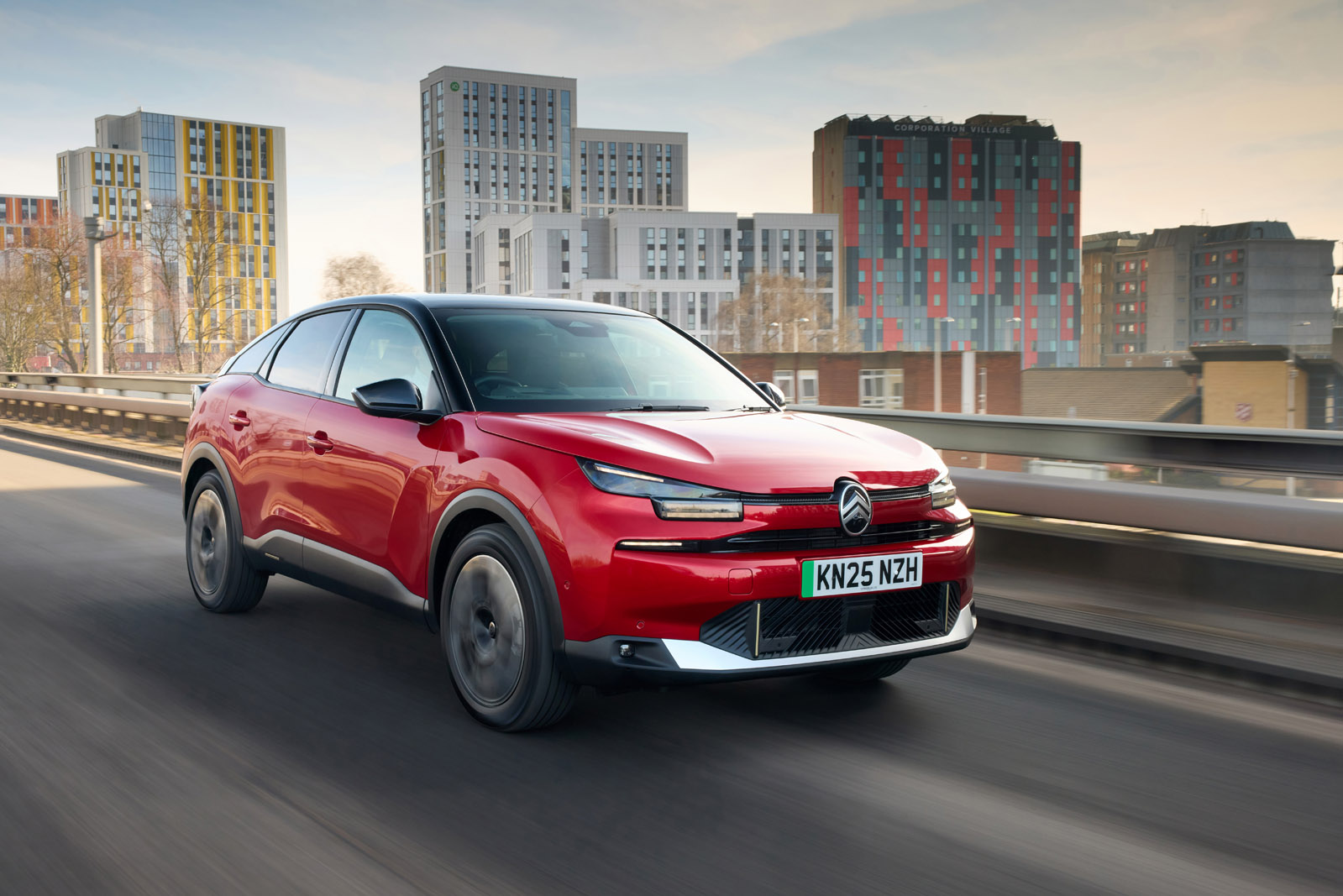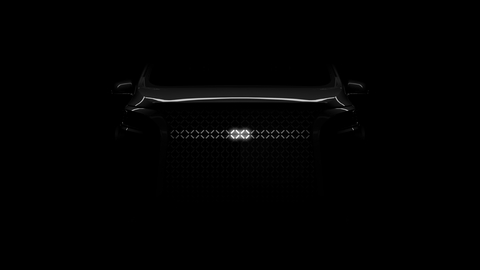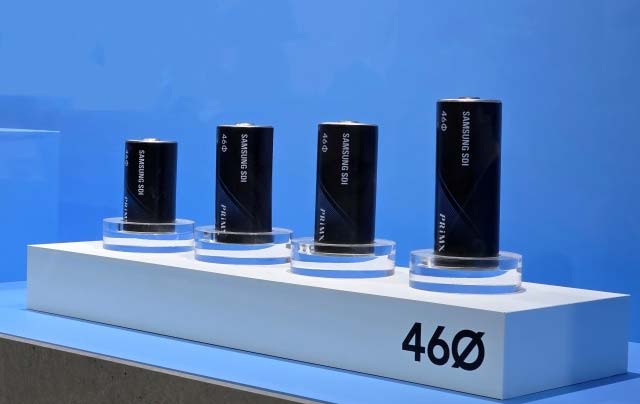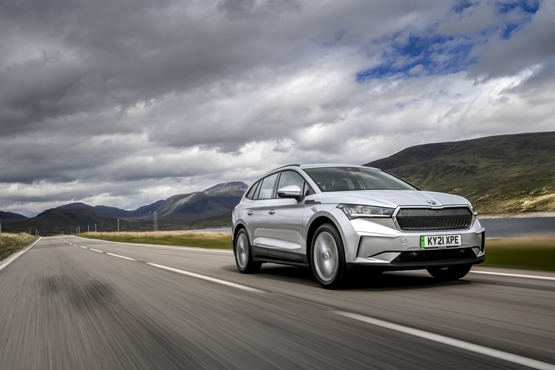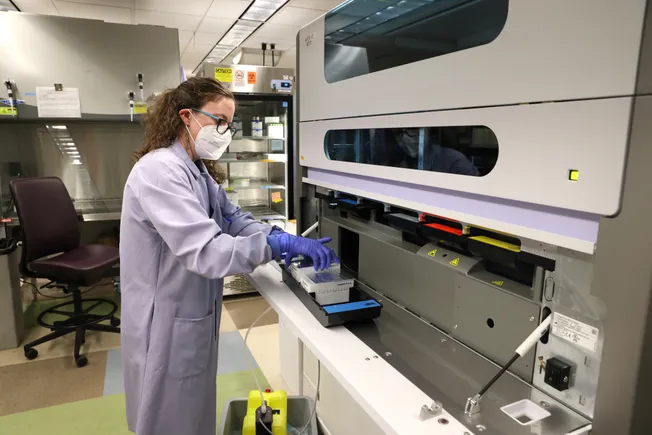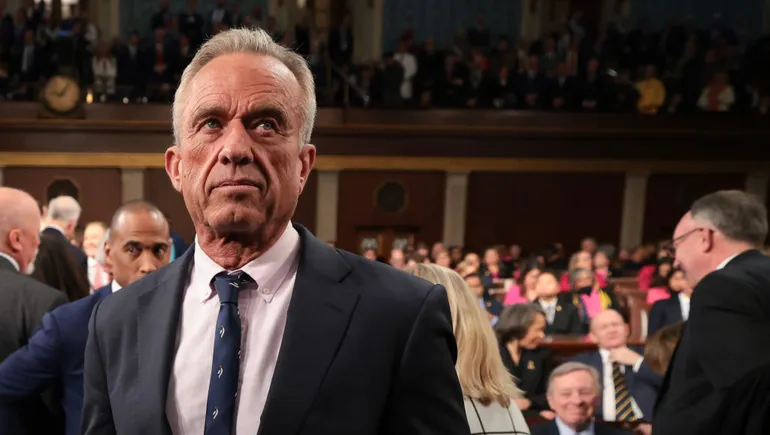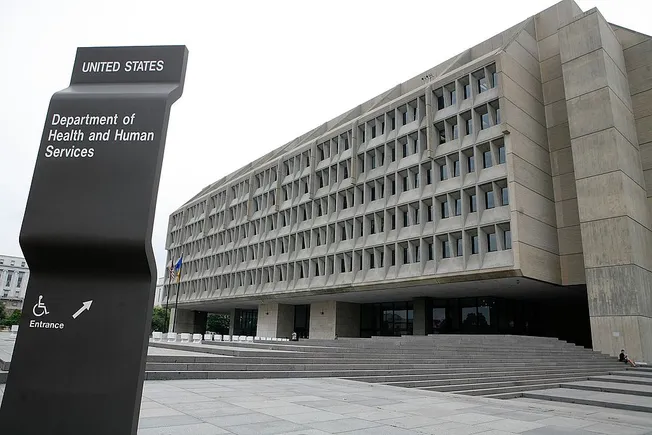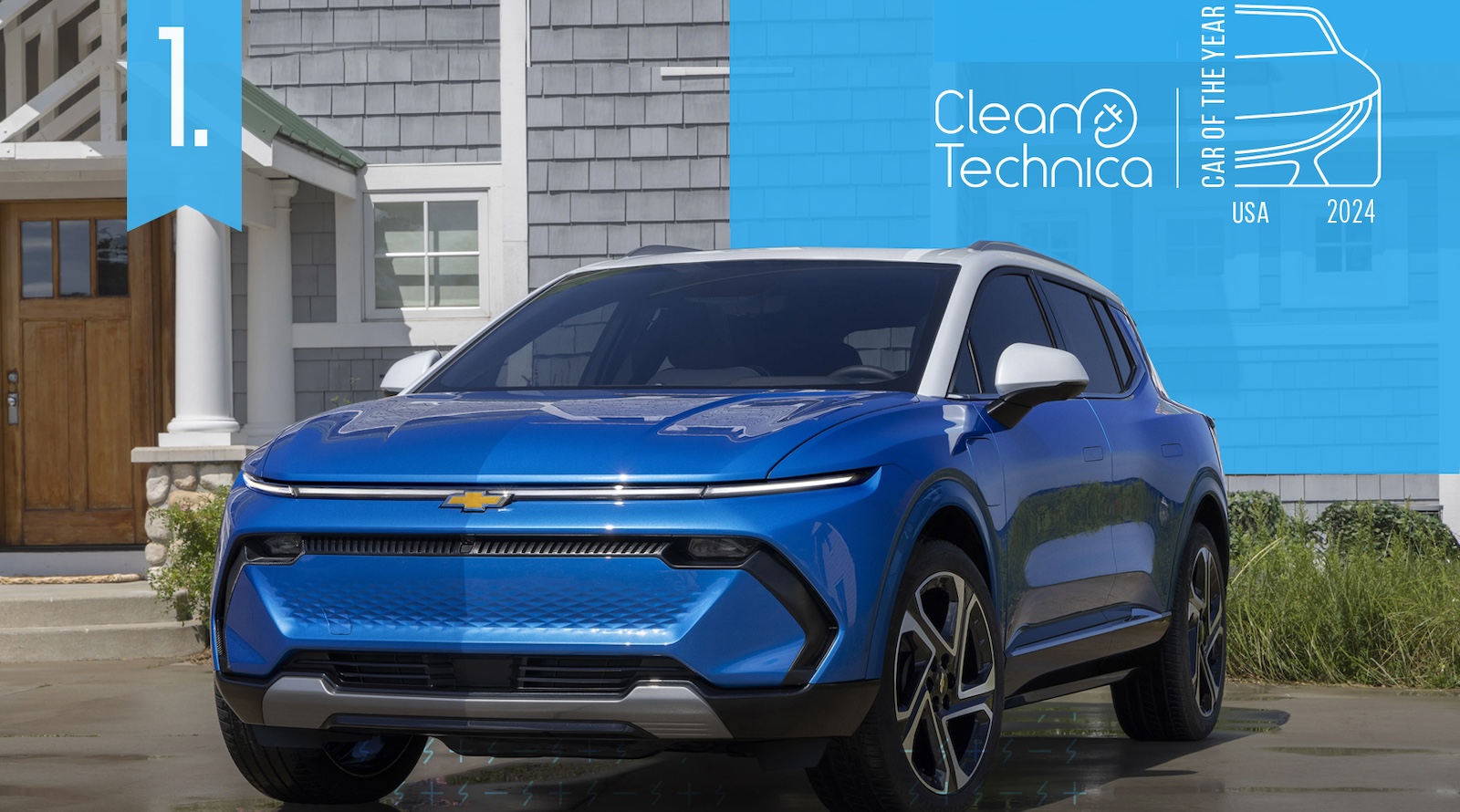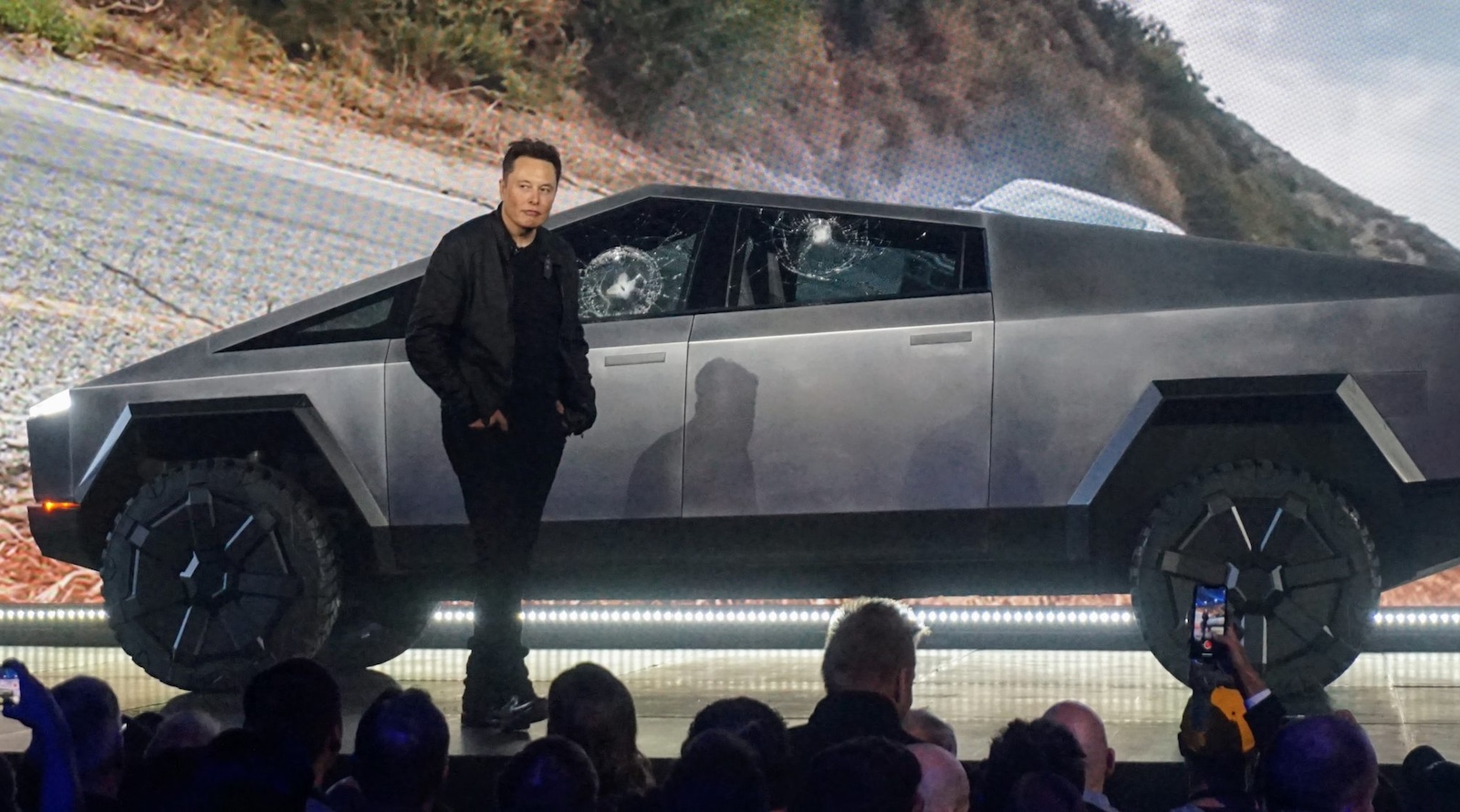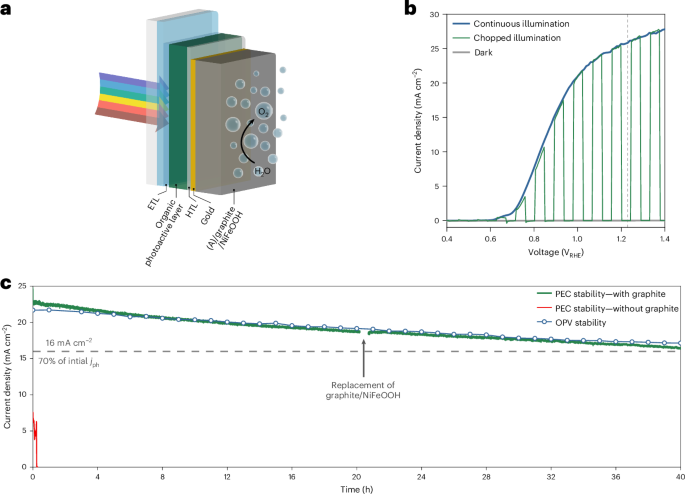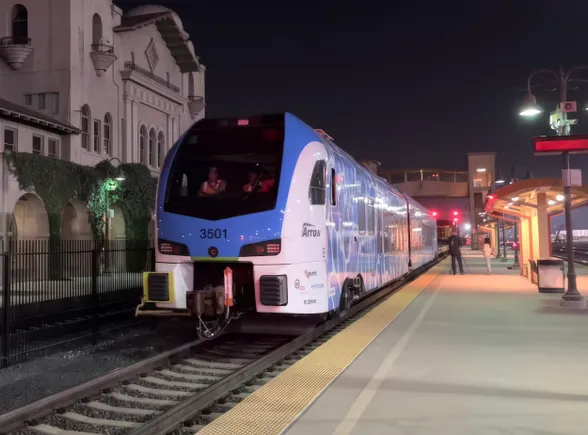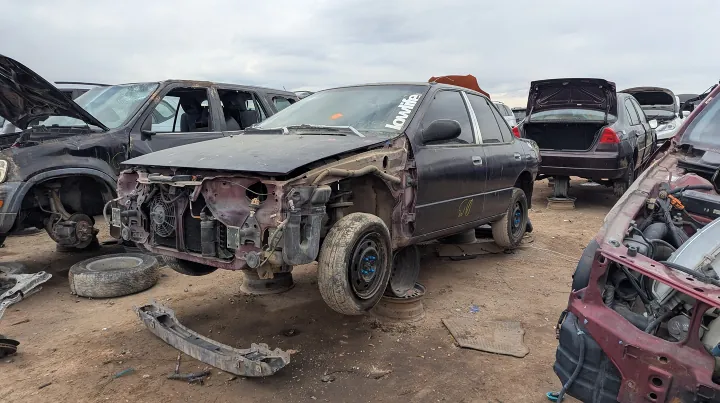Virginia Introduces Speed Limiting Device Legislation, Along With Several Other States
For Americans, Virginia is probably one of the worst states to be a driving enthusiast. It has some of the lowest speed limits in the country and also one of the lowest thresholds for what is legally considered "reckless driving.” Virginia is now considering a bill that would mandate speed limiters for motorists with too many points on their license.


For Americans, Virginia is probably one of the worst states to be a driving enthusiast. It has some of the lowest speed limits in the country and also one of the lowest thresholds for what is legally considered "reckless driving.” Virginia is now considering a bill that would mandate speed limiters for motorists with too many points on their license.
We’ve covered the topic broadly in the past. The European Union created laws that require new vehicles to annoy drivers whenever it detects they’re exceeding the posted limits, potentially setting the stage for speed limiting devices that actually make it impossible to speed. Some American regions have likewise attempted to implement similar rules to limited success.
Now, Virginia has introduced HB 2096, a bill otherwise known as the “Intelligent Speed Assistance Program.” The proposed legislation would empower the Commission on the Virginia Alcohol Safety Action Program to implement speed limiting devices to vehicles, rather than suspended licenses or instituting jail time, owned by drivers that the state has deemed reckless or prone toward speeding. It likewise creates a new misdemeanor crime for tampering with or disabling the device once it has been fitted to the vehicle.
Unlike the already invasive passive speed limiters implemented in Europe, the hardware being pitched by Virginia actually makes it impossible to speed. According to The Drive, anyone caught traveling 100 mph (or over) would be court-ordered to install a speed limiter as a potential alternative to jail time. However, driving 20 mph over the speed limit in Virginia (which for most of the state is 60 mph or less) already constitutes reckless driving — which is one of the thresholds outlined in the proposed legislation.
Local outlets stipulate that the devices use a combination of GPS and digitally mapped speed limit data to determine the speed limit at a driver’s precise location and cap their speed as dedicated by the positional data. It's kind of like automated cruise control, where the driver isn't in control of setting the limits. Washington DC has already passed similar laws (which are slated to go into effect this September) and a few other states have introduced similar bills.

From The Drive:
According to the Washington Post, the proposal currently sits with the General Assembly following an amendment by Virginia Governor Glenn Youngkin. Youngkin removed the attached two- to six-month sentence, instead leaving the decision on the length of use to the state courts.
Arlington Delegate Patrick Hope, who sponsored the bill, said advocacy groups like Families for Safe Streets, Mothers Against Drunk Driving, and the National Safety Council gave him the idea. After driving a vehicle equipped with a speed limiter, he came away impressed.
“It was easy to use, and once you’re engaged, it’s impossible to go over the speed limit,” said Hope to the WP. “It will make our streets safer.”
Intelligent speed assistance technology isn’t new. Sign recognition software is commonplace in modern vehicles and comes with speed warnings. Some go further and will limit speed overages, like when using adaptive cruise control. But those are adjustable settings in a passenger car. Transit vehicles, like school buses, already have their speeds capped. Fleet vehicles are easier to supervise, however. Keeping track of an individual is a little more problematic.
The bill has some missing components right now. As mentioned above, it doesn’t apply to commercial vehicles and it seems like there’s no hard-and-fast rules on what determines exactly who gets their license suspended and who gets the speed limiting device installed. Some have argued that this also sets a precedent for this type of technology to be implemented in all new vehicles (especially since a lot of the foundational technologies now come equipped on modern cars).
Earlier drafts of the bill also stipulated that the devices would be used for between two-to-six months. However, Governor Glenn Youngkin made a few amendments, including one that lets the courts decide how long it should remain equipped to the vehicle — perhaps even indefinitely.
Assuming the House accepts Youngkin’s amendments, the law is supposed to come into effect for Virginia in July of 2026. States proposing similar legislation include Washington and Maryland, both of which have based their bills off the one that passed in the District of Columbia. California likewise pushed for legislation requiring passive speed limiters (the kind that annoy the driver but don't actually prevent the car from speeding). But California Governor Gavin Newsom vetoed the bill last fall.

[Images: Einar Magnus Magnusson/Shutterstock; Noey smiley/Shutterstock; Eli Wilson/Shutterstock]
Become a TTAC insider. Get the latest news, features, TTAC takes, and everything else that gets to the truth about cars first by subscribing to our newsletter.
















